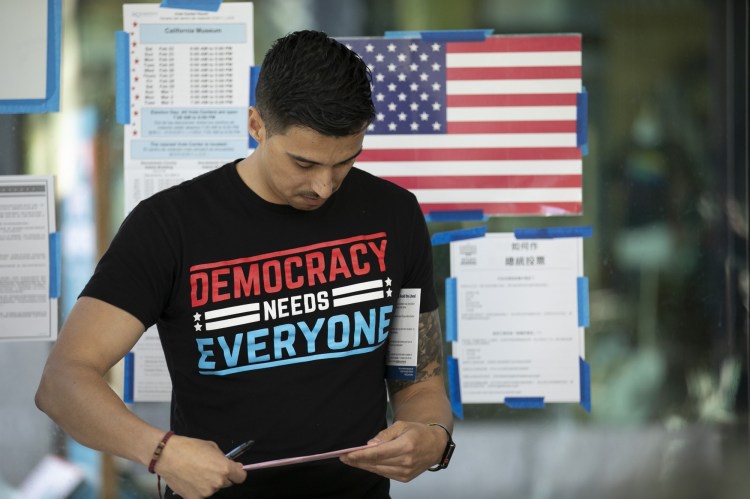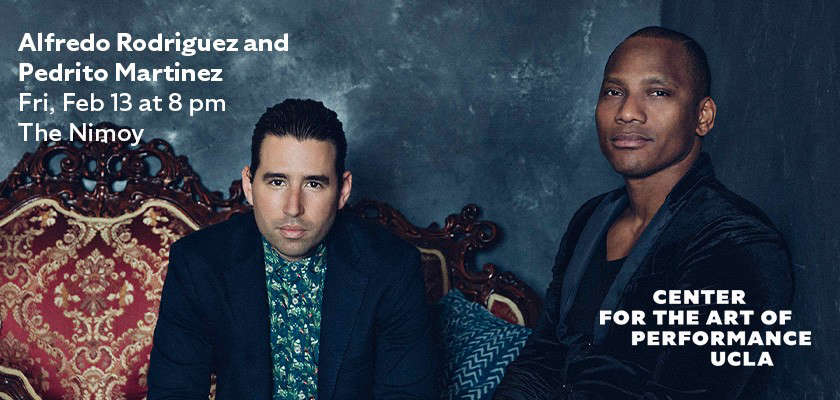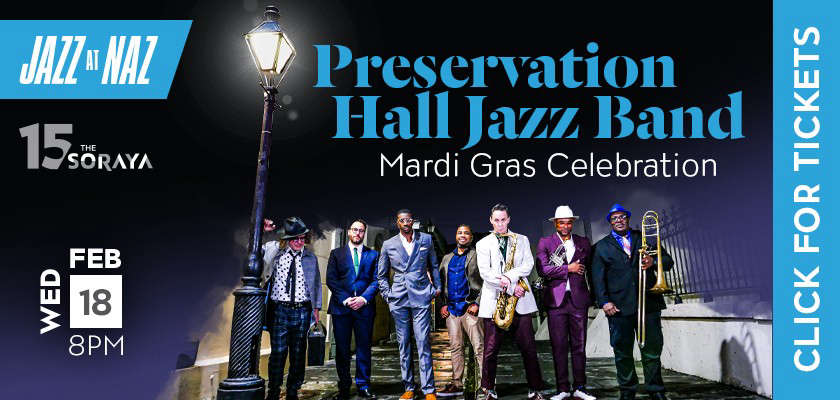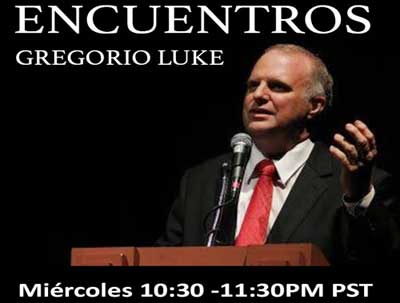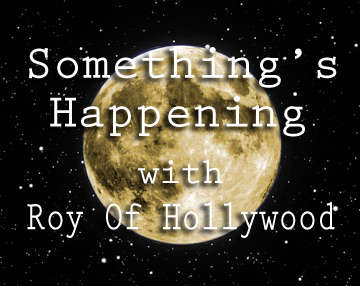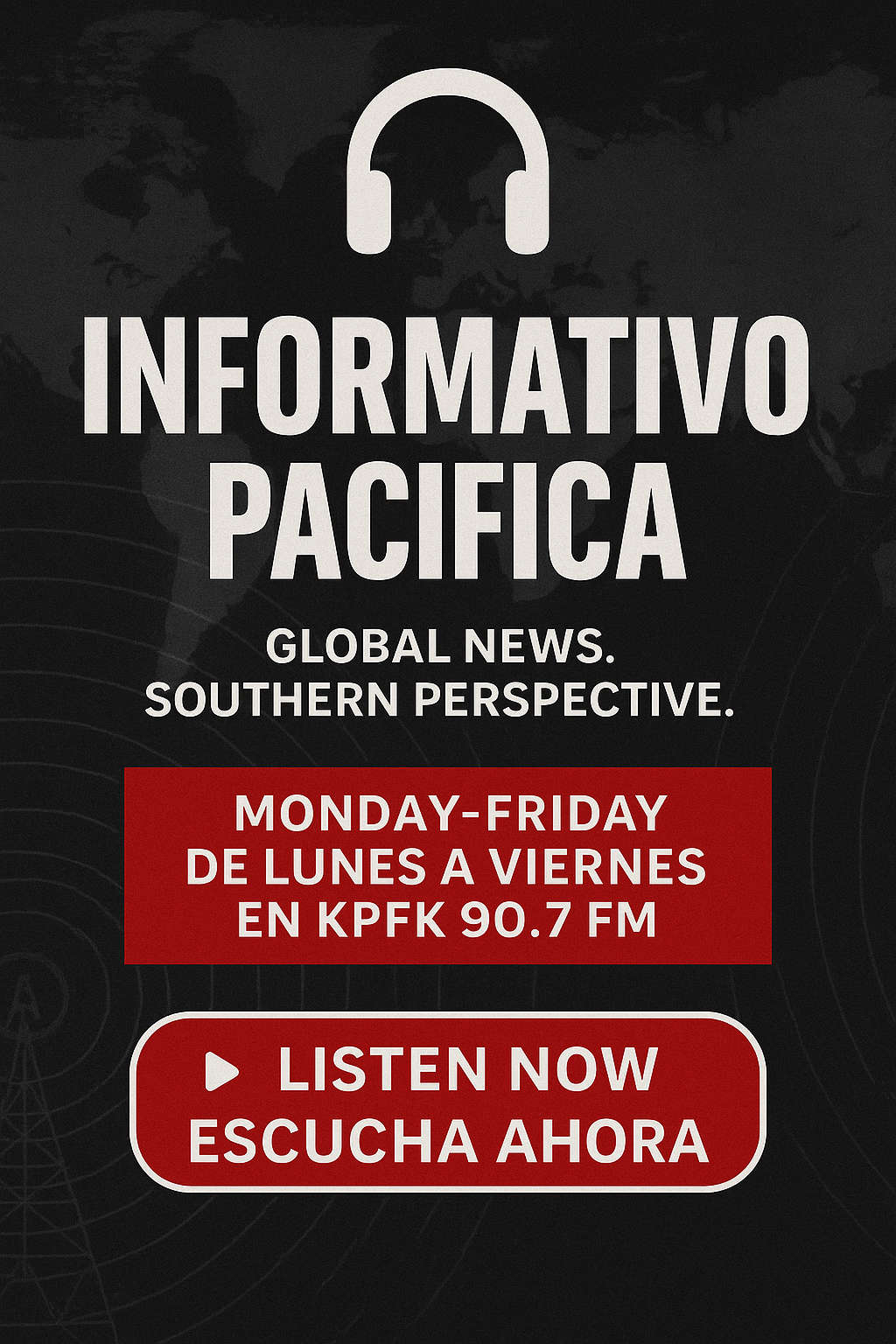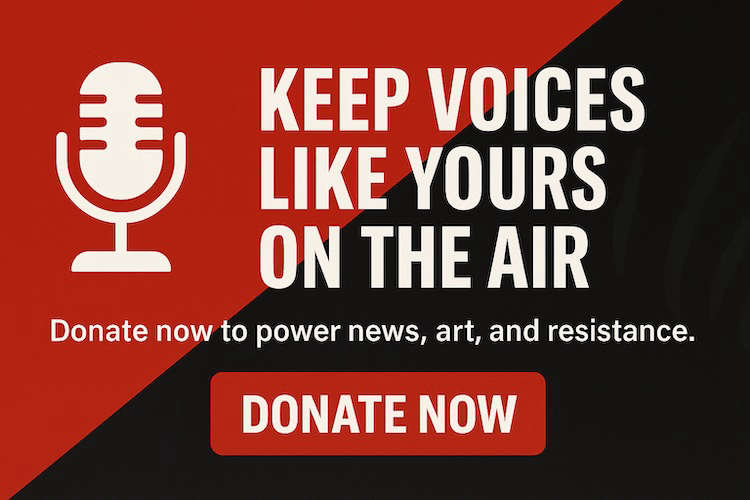
Esteban Nunez, a proponent of the parolee voting measure, seals his vote-by-mail envelope for the presidential primary on March 2. Photo by Anne Wernikoff for CalMatters
BY EMILY HOEVEN | CALMATTERS
In a massive shift from what seemed politically feasible just six months ago, California voters will decide in November whether to overturn the state’s 1996 ban on affirmative action and once again permit the consideration of race and sex in public university admissions and state hiring and contracting.
A supermajority of lawmakers voted Wednesday to propel the proposed constitutional amendment to the November ballot, along with another that would grant California parolees the right to vote.
Both measures, top priorities for the Legislative Black Caucus, gained significant momentum amid widespread protests over racism following George Floyd’s death at the hands of Minneapolis police.
- State Sen. Steven Bradford, a Gardena Democrat and vice-chair of the caucus: “I know about discrimination. I live it every day. We live it in this building. Quit lying to yourselves and saying race is not a factor … the bedrock of who we are in this country is based on race.”
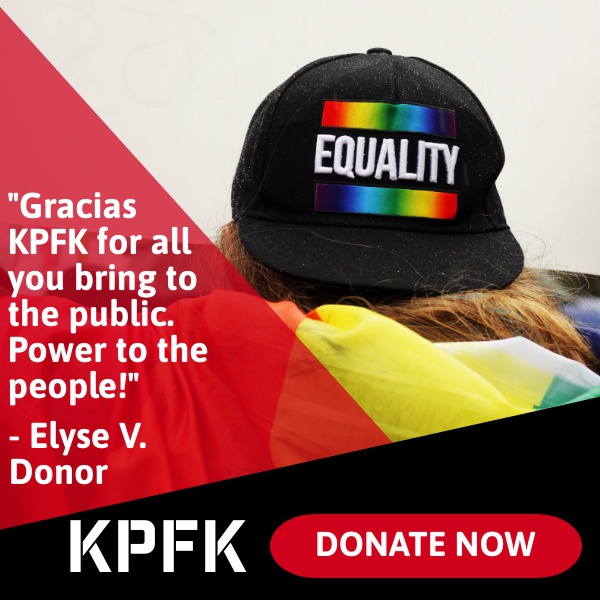 Political headwinds have shifted rapidly since January when Assembly Speaker Anthony Rendon told CalMatters that “from a political standpoint, it almost seems too late” to get the affirmative action measure on the ballot.
Political headwinds have shifted rapidly since January when Assembly Speaker Anthony Rendon told CalMatters that “from a political standpoint, it almost seems too late” to get the affirmative action measure on the ballot.
Last week, the University of California regents unanimously endorsed reinstating affirmative action in their admissions practices, a striking departure from their 1995 ban on the policy — which led to a 10% drop in Black and 7% drop in Latino enrollment the first year it was enforced.
A number of Chinese American groups oppose reinstating affirmative action, arguing it would discriminate against Asian Americans, who are currently overrepresented in both the CSU and UC systems.
- State Sen. Ling Ling Chang, a Diamond Bar Republican: “The answer to discrimination is not more discrimination.”
Voters will have the final say in November. Fifty-five percent voted to ban affirmative action in 1996.
CalMatters.org is a nonprofit, nonpartisan media venture explaining California policies and politics.
-
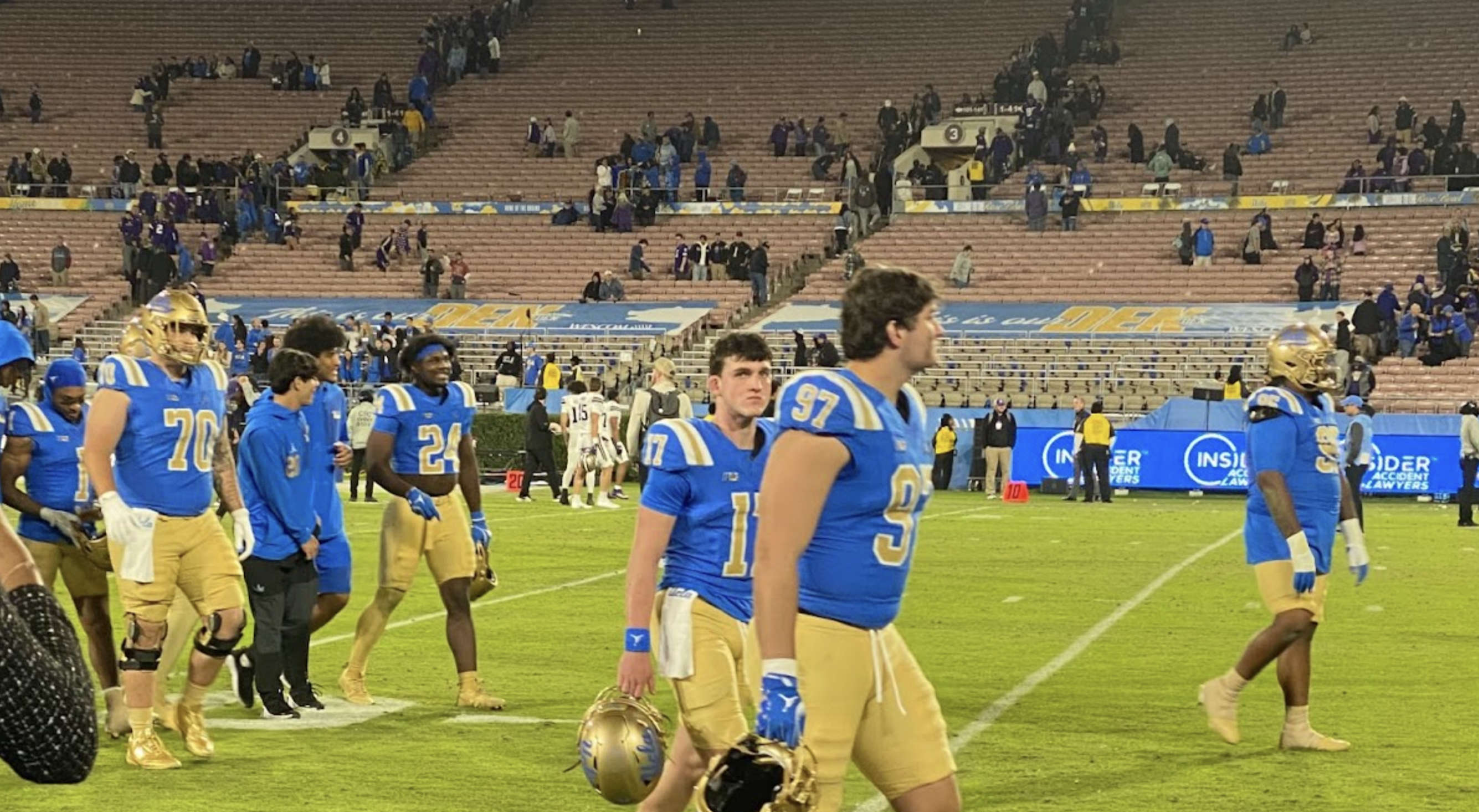 Washington tramples UCLA 48-14 on Senior Night
Washington tramples UCLA 48-14 on Senior Night
Washington steamrolled UCLA 48–14 on Senior Night at the Rose Bowl, capitalizing on turnovers, special teams chaos, and a dominant night from QB Demond Williams Jr.
-
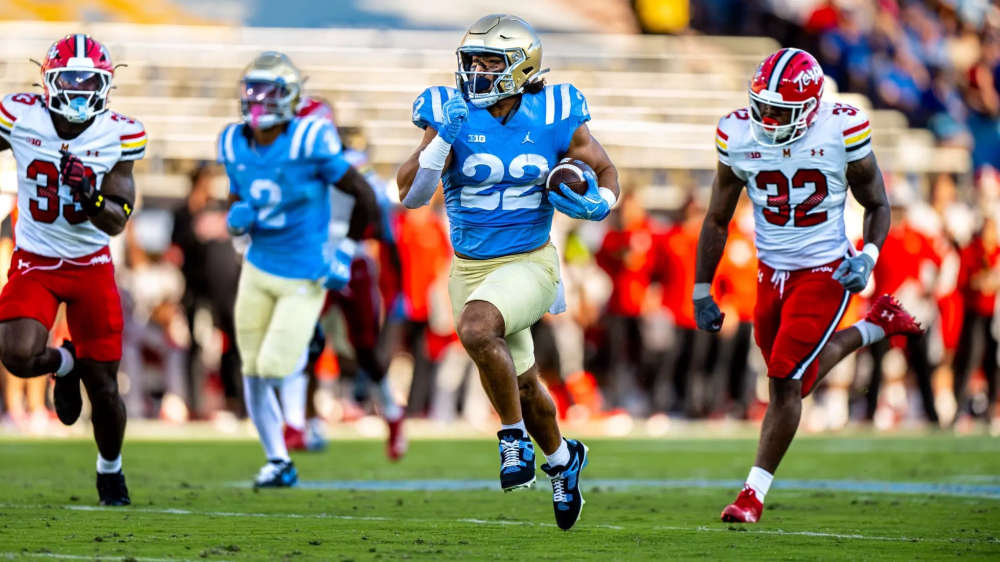 UCLA Football Wins Its Third Straight Game Ahead of Ranked Matchup
UCLA Football Wins Its Third Straight Game Ahead of Ranked Matchup
UCLA keeps rolling. After edging Maryland 20–17 at the Rose Bowl, the Bruins have quietly stacked three straight wins and are heading into another ranked showdown. Charlie Gonzalez breaks down the grind, the grit, and the moments that mattered.
-
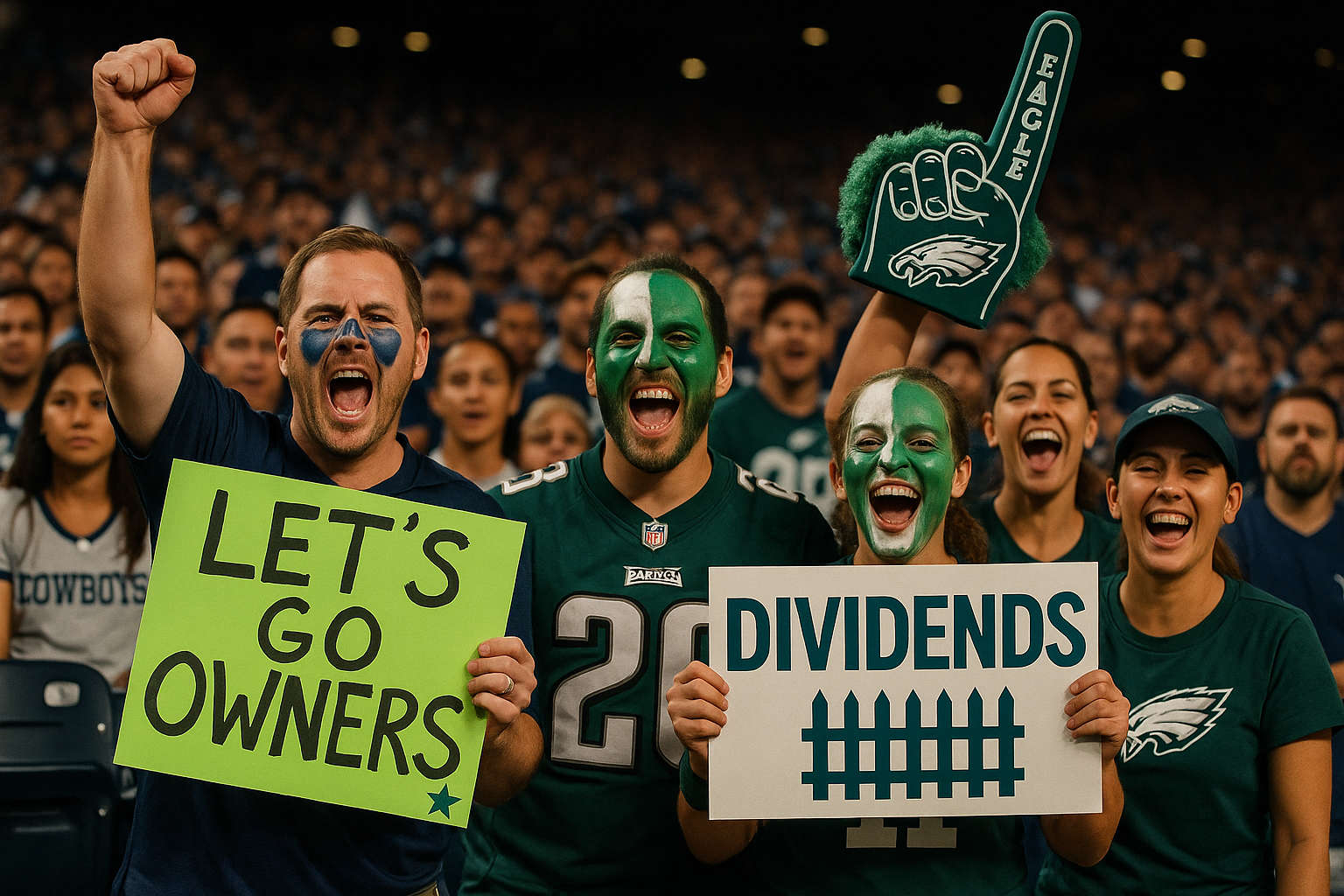 What Are We Cheering For?
What Are We Cheering For?
Every holiday, every weekend, every so-called American ritual came with a side of football. The game would be on, and we were supposed to care. I didn’t. Not really. Not until I almost did. For a brief stretch, when my dad worked with the Clippers during the Lob City era, I started to believe. Chris Paul, Blake Griffin, DeAndre Jordan — it felt like swagger, like culture, like something to belong to. Then the trades came, the team got gutted, and the curtain dropped. It wasn’t family. It wasn’t culture. It was business. That moment stuck. The more I watched, the more the wires showed: how ritual gets packaged, sold, and weaponized. How meaning becomes merchandise. How attention becomes empire.
-
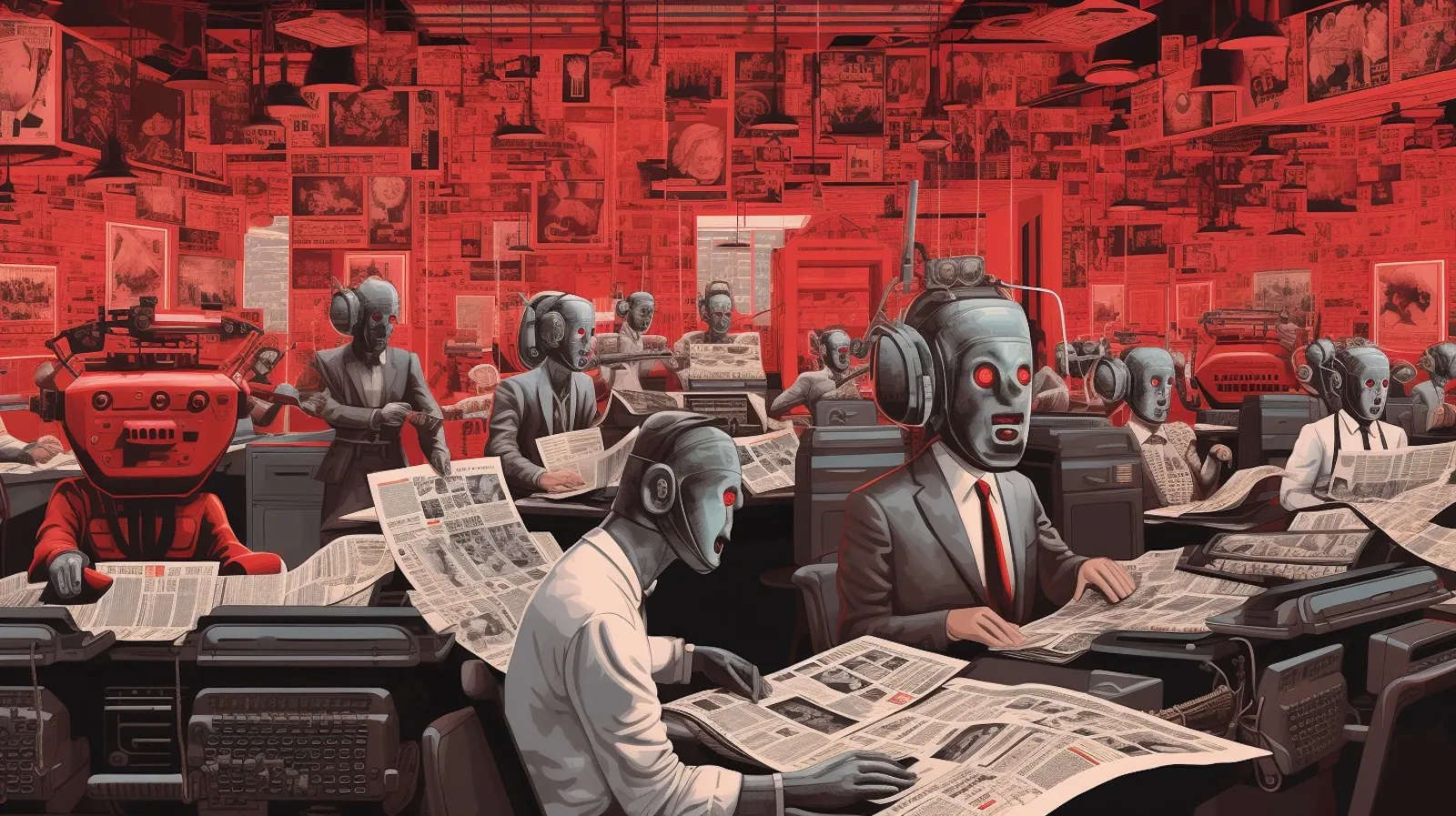 When AI Replaced Our Comics
When AI Replaced Our Comics
When AI replaced hand-drawn comics in our newsroom, I saw more than ugly art — I saw the erosion of what makes journalism worth doing.
